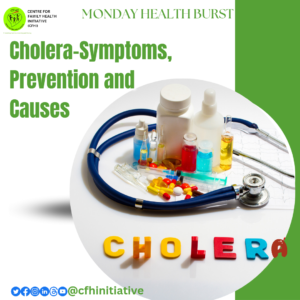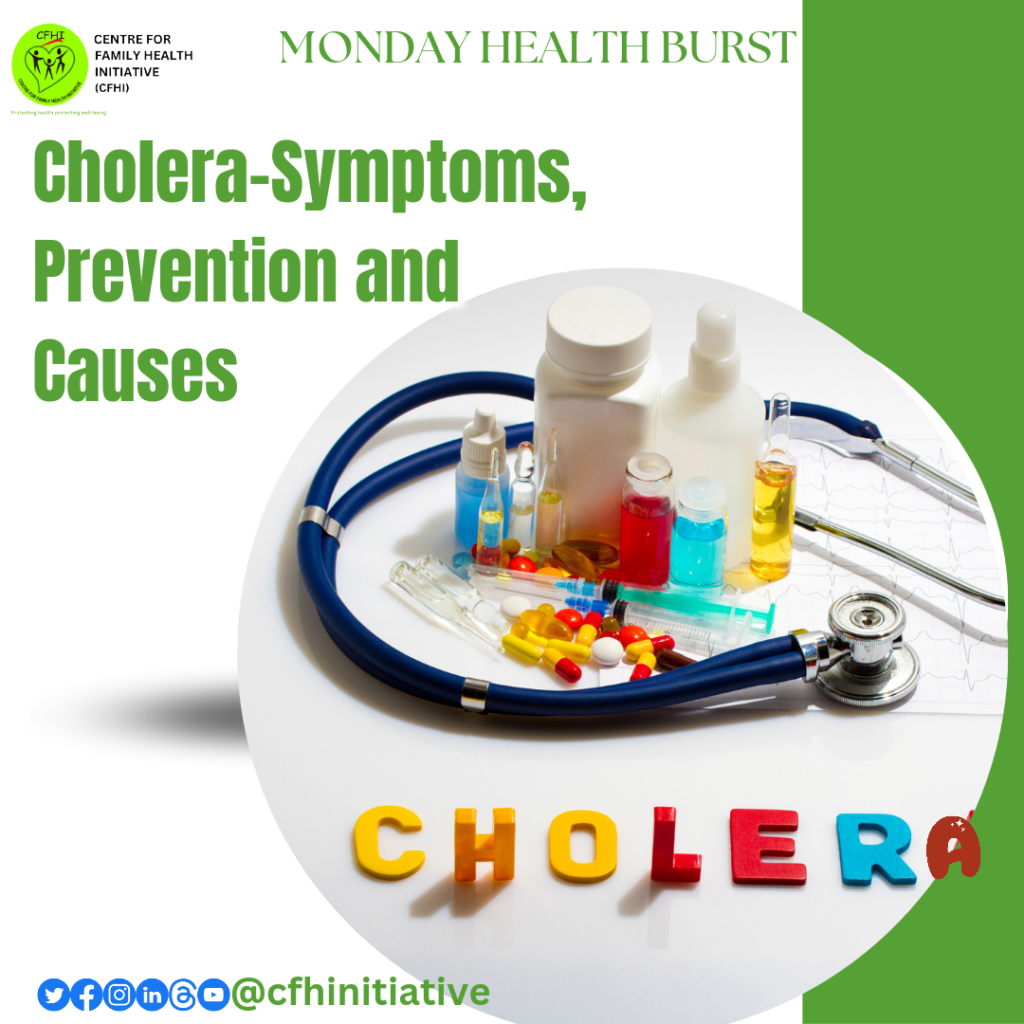Cholera, a bacterial infection caused by Vibrio cholera, has plagued humanity for centuries, leaving a trail of devastation in its wake. Despite advancements in medical science, cholera remains a significant global health concern, particularly in regions with poor sanitation and limited access to clean water.
According to research estimates, there are between 1.3 and 4.0 million cases of cholera worldwide each year, and between 21 000 and 143 000 fatalities as a result of the disease.1
Cholera manifests primarily through severe diarrhea and vomiting, leading to rapid dehydration. The bacterium Vibrio cholerae produces a toxin that triggers the excessive release of water and electrolytes from the intestines, resulting in watery diarrhea often described as “rice-water stool.” Without prompt intervention, severe dehydration can lead to shock, organ failure, and death.
Cholera spreads through the consumption of contaminated water or food, particularly in areas with inadequate sanitation infrastructure. Human feces, containing the cholera bacterium, can contaminate water sources, leading to outbreaks, especially during natural disasters or humanitarian crises. Additionally, seafood harvested from contaminated waters can also transmit the infection if consumed raw or undercooked.
Preventing cholera hinges on improving access to clean water, ensuring proper sanitation practices, and promoting hygiene education. Communities can implement measures such as water chlorination, sewage treatment, and handwashing to reduce the risk of cholera transmission. Vaccination campaigns targeted at high-risk populations provide an additional layer of protection, particularly in endemic regions or during outbreaks.
Despite significant progress in combating cholera, challenges persist in controlling the disease, especially in resource-limited settings. Weak healthcare infrastructure, inadequate access to clean water, and population displacement due to conflict or environmental disasters exacerbate the risk of cholera outbreaks. Sustainable interventions focusing on infrastructure development, community engagement, and epidemic preparedness are essential in the ongoing fight against cholera.
Cholera remains a formidable foe, claiming thousands of lives annually and burdening healthcare systems worldwide. However, concerted efforts in prevention, early detection, and treatment have shown promising results in reducing the impact of cholera outbreaks. By addressing the root causes of the disease and implementing comprehensive strategies, we can move closer to a world where cholera is no longer a threat to public health.
As we continue to navigate the complexities of infectious diseases, let us remain vigilant in our efforts to combat cholera and to safeguard the well-being of communities globally.
Monday Health Burst is an initiative of CFHI to address issues of basic health concern. Join us every Monday on all our social media platforms for more episodes.
Reference:
https://www.who.int/news-room/fact-sheets/detail/cholera


